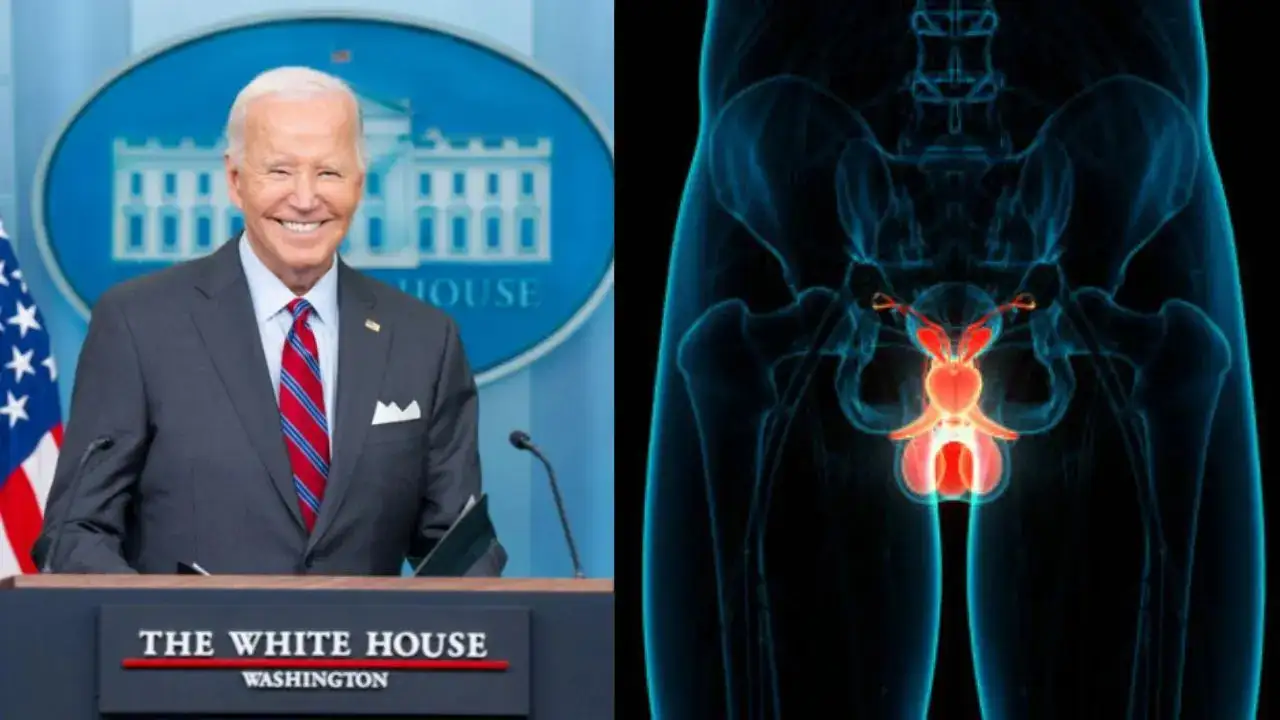
At the age of 82, Biden has been facing several health issues, and the concerns have been cited by various Democratic leaders (Pic: Instagram/iStock)
A spokesperson of Joe Biden informed that a small nodule was found in the prostate of the former US president during a routine physical exam. A short statement said the finding “necessitated further evaluation,” but it was not clear whether that had already taken place or the outcome of the examination.
Usually, the detection of nodules in the prostate would require a further exam by a urologist to rule out prostate cancer. According to experts, these kinds of abnormal growths can be caused either by cancer or by less serious conditions, which include inflammation or an enlarged prostate.
Biden faces several health issues
At the age of 82, Biden has been facing several health issues, and the concerns have been cited by various Democratic leaders who pressed him to abandon his reelection bid in 2024, following a disastrous debate performance last June.
In 2023, Biden had a skin lesion removed from his chest, which was a basal cell carcinoma - a common form of skin cancer. Before that, Biden also had a polyp removed from his colon, which the doctors said was benign, but potentially a pre-cancerous lesion.
What is prostate cancer?
Prostate cancer develops in the prostate—a small, walnut-shaped gland located below the bladder and in front of the rectum in males. This tiny gland secretes fluid that mixes with semen, keeping sperm healthy for conception and pregnancy.
Experts say prostate cancer is a serious disease, but most people with the condition get diagnosed before it spreads beyond their prostate gland. Treatment at this stage often eliminates the cancer.
Prostate cancer is very common, second only to skin cancer as the most common ailment affecting males. According to the US Centres for Disease Control and Prevention, for every 100 males, 13 will develop prostate cancer at some point in their lives. Most will live normal lives and eventually die from causes unrelated to prostate cancer. Some won’t need treatment.
Still, approximately 34,000 people in the United States die from prostate cancer each year.
What are the signs and symptoms of prostate cancer?
Early-stage prostate cancer rarely causes any symptoms; however, according to doctors, these issues may occur as the disease progresses:
- Frequent, sometimes urgent, need to pee, especially at night
-
Weak urine flow or flow that starts and stops
- Pain or burning when you pee
- Loss of bladder control
- Loss of bowel control
- Painful ejaculation and erectile dysfunction
- Blood in semen or pee
- Pain in your low back, hip, or chest
Are prostate problems always a sign of prostate cancer?
Not all growths in your prostate are cancer, and a few other conditions that cause symptoms similar to prostate cancer include:
Benign prostatic hyperplasia
According to experts, almost everyone with a prostate will develop benign prostatic hyperplasia, a condition that enlarges your prostate gland but doesn’t increase your cancer.
Prostatitis
Doctors say that if you are younger than 50 years old, an enlarged prostate gland is most likely prostatitis. Prostatitis is a benign condition that causes inflammation and swelling in your prostate gland. Bacterial infections are often the cause.
Get Latest News Live on Times Now along with Breaking News and Top Headlines from Health and around the world.
